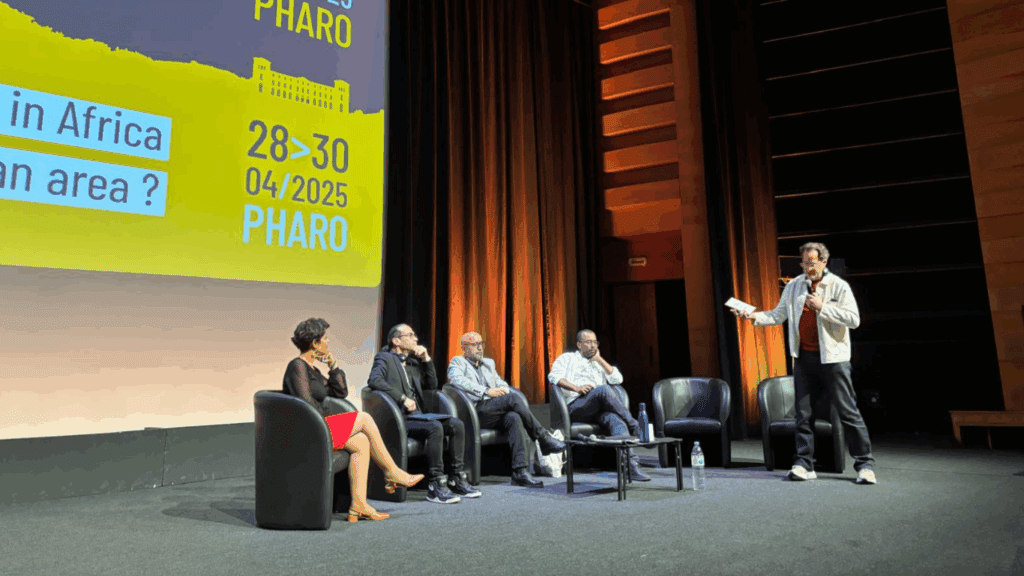- media viability
Reflections by Lei Ma and Boris van Westering
Last week, the Mediterranean Agora for journalism – Assise du Journalisme – brought together media professionals, donors and development actors in Marseille. Our team members, Lei Mai (Media Innovation Director) and Boris van Westering (Team Lead Media Innovation) attended the event and engaged in two standout moments: the Sahafa Med event supporting independent journalism in the Levant and MENA region and a powerful panel, “Climate and environmental emergency: What responsibilities do journalists have?”, which Boris moderated.
These two events, though thematically distinct, pointed to the same underlying challenge: the urgent need for sustainable, resilient journalism in one of the world’s most under-supported regions.
What is Sahafa Med?
The Sahafa Med programme, supported by the EU, supports independent journalism in nine countries: Morocco, Algeria, Tunisia, Libya, Egypt, Jordan, Palestine, Syria and Lebanon. It brings journalists, donors, media organisations and development actors into conversation to align on needs, priorities and long-term strategies.
The event spotlighted a recently launched Global Forum for Media Development report, which maps the media support landscape in the Levant. The findings reinforce the need to reimagine how international actors engage – more listening, more long-term thinking and more trust in local actors.

The second event, the “Climate and environmental emergency: What responsibilities do journalists have?” panel, focused on a different but equally urgent topic: climate journalism in the MENA region. Featuring climate journalists and scientists Khaled Sulaiman, Benjamin Sultan, Saker El Nour and Mabrouka Khedir, the panel explored the unique challenges of reporting on environmental issues in the region. Moderating the discussion, Boris opened a discussion on why the topic of climate change is among the hardest to navigate in the field.
Together these two moments at Assise du Journalisme underscored that journalism in the MENA region is both essential and under incredible pressures. Our new strategy for 2025-2027 emphasises how we aim to build viable media ecosystems that foster pluralistic, quality and resilient media. The road ahead requires collective commitment, sustained funding and a focus on long-term, locally rooted impact.
Want to learn more about how we support and train journalists in the region? Learn more about the MENA Scholarship Programme, offered through the RNTC Media Training Centre.
We use cookies to enhance your browsing experience and analyze our traffic. By clicking “Accept & Close”, you consent to our use of cookies. Please see Cookie Policy